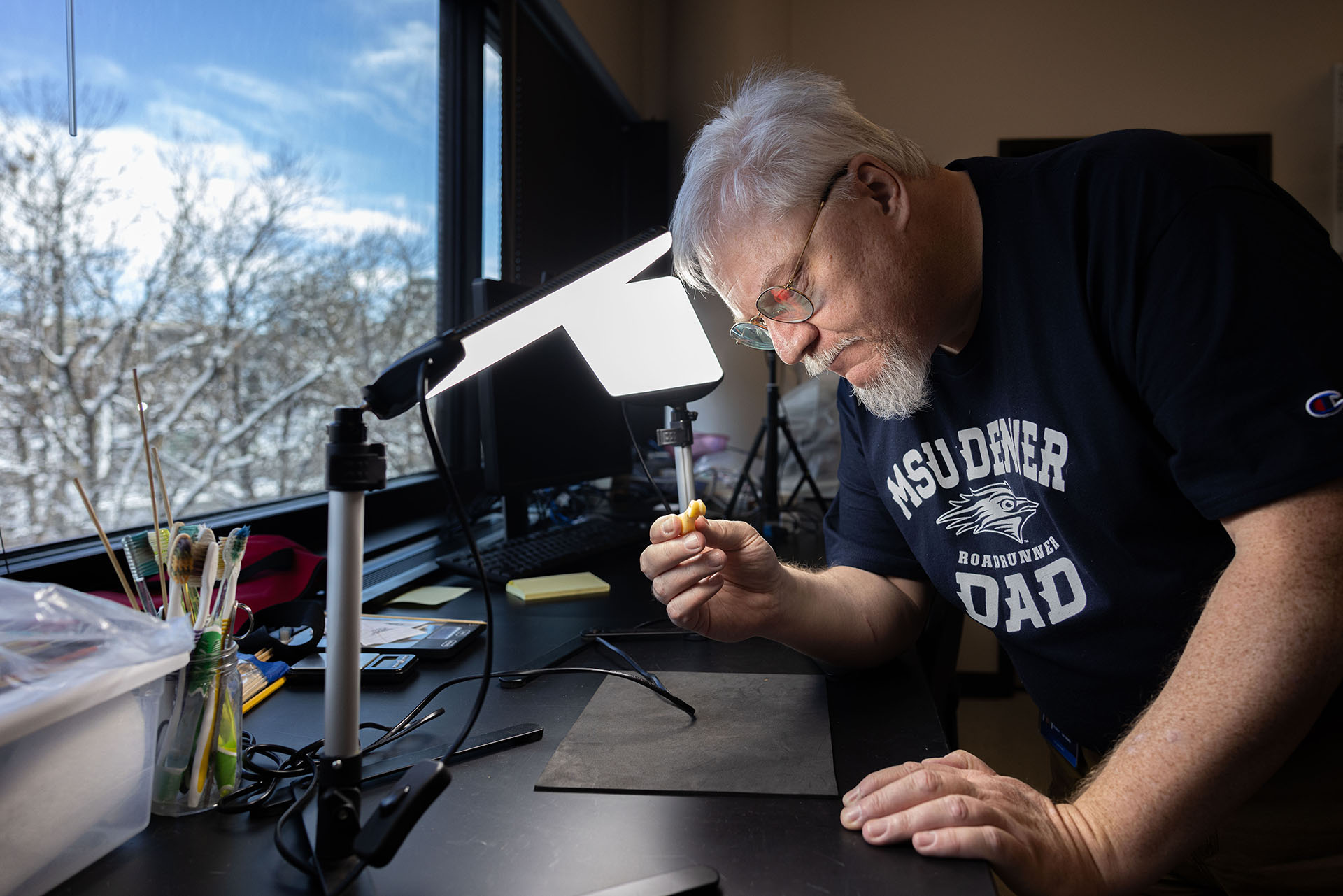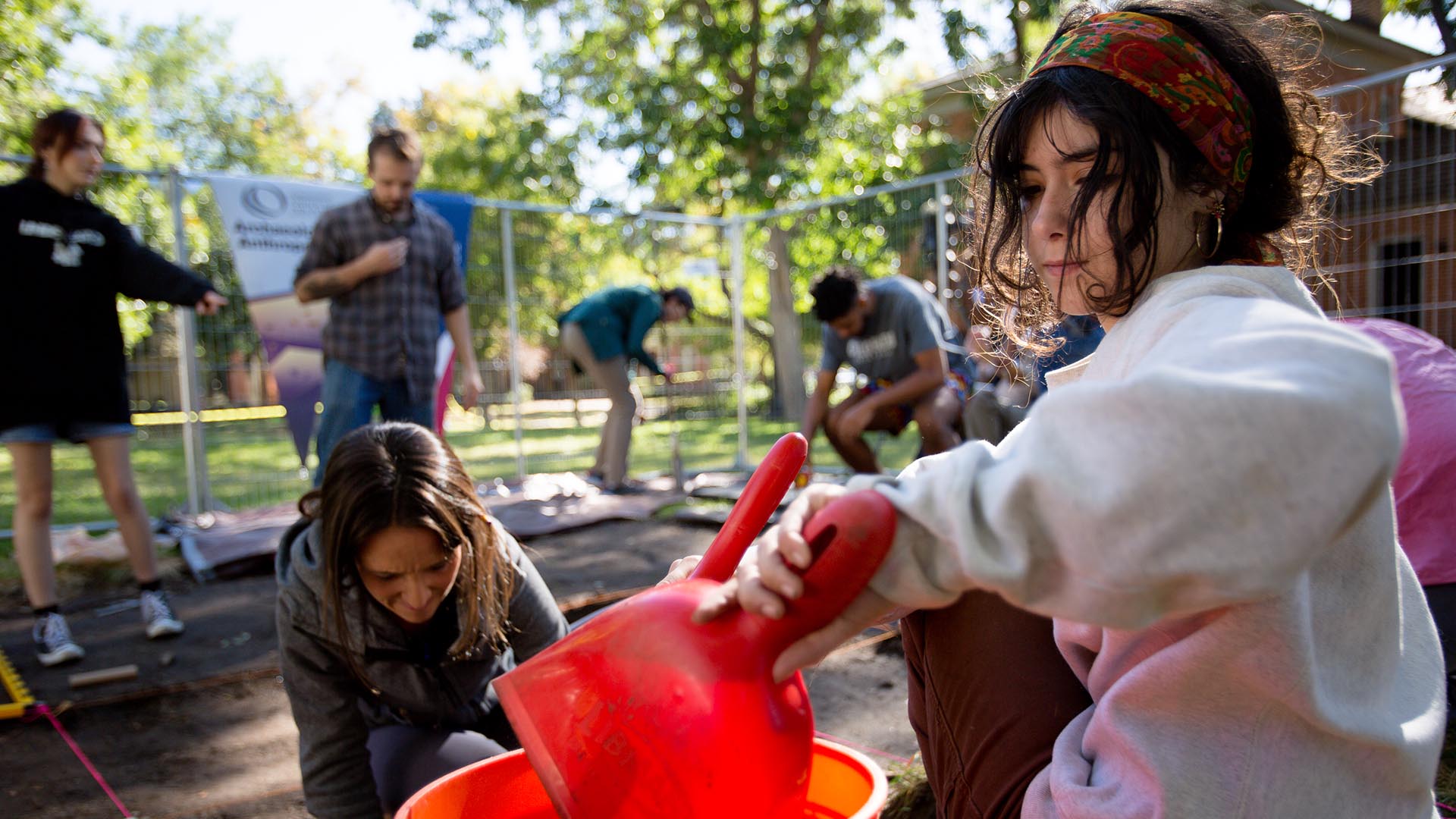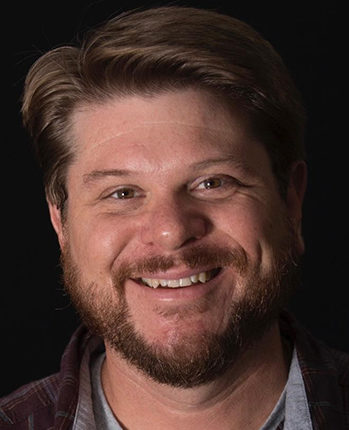Topics
Anthropology Archaeology Biology Sociology and AnthropologyExpertise
- Biological anthropology
- Human evolution and human fossil record
- Human biological variation
- Human nasofacial anatomy
About
Todd Yokley, Ph.D., is an associate professor in the Department of Sociology and Anthropology at Metropolitan State University of Denver. He is a biological anthropologist with a primary research focus on analyzing how climate and other selective pressures have shaped evolution of the human nose and face.
Yokley has over a decade of experience in academia and anthropology. He started teaching at MSU Denver in 2012 as an instructor. In addition to teaching, Yokley is the chair for several committees at MSU Denver including the Anthropology Curriculum Committee and Anthropology Assessment Committee. He has taught at Touro University of Nevada, Duke University, Durham Technical Community College and Northern Illinois University. Yokley has also been a part of several archeological and paleontological field excursions in Wyoming, South Africa and Croatia. His professional affiliations include American Association of Physical Anthropologists, Paleoanthropology Society and Sigma Xi.
Yokley has published over 10 peer-reviewed articles on his research as author/co-author. The most recent articles include “Integration of the nasal complex: Implications for developmental and evolutionary change in modern humans” in the American Journal of Physical Anthropology and “Computer simulations show that Neanderthal facial morphology represents adaptation to cold and high energy demands, but not heavy biting” in the Proceedings of the Royal Society B journal. He has also presented many papers and presentations on biological anthropology.
Yokley received his doctorate in biological anthropology and anatomy from Duke University in 2006, a master’s in anthropology from Northern Illinois University in 1999 and a bachelor’s in zoology with anthropology minor from University of Tennessee in 1996.
-
Science and Technology
Student with autism brings new understanding to Anthropology

Guy Davis has turned setbacks into opportunity and paved the way for a more inclusive culture.
-
Arts and Culture
Artifacts tell the true story of displaced Aurarians

Politicians and planners once depicted the neighborhood as 'poor and deteriorating.' A recent archaeological dig reveals otherwise.
Contact Us
Tim Carroll, APR
Senior Director of Media & Public Relations
Valeria Quiroz Bello
Media Relations Specialist & Writer

